There will be little celebration going on in food and drink businesses this afternoon, despite a £30bn bonanza Budget from Rishi Sunak which proved, among its many less desirable qualities, that coronavirus is apparently able to kill off austerity.
It will take more than a freeze of spirits and beer taxes to get the champagne corks popping this week. The industry is braced for an escalation of the virus, which the Chancellor admits could put 20% of the workforce out of action in the next few weeks.
But Sunak’s historic Budget statement at least made it clear that ministers are not underestimating the likely impact of what is to come on businesses and employees, despite having stuttered in their initial response to the crisis.
On top of the unlimited funding promise to the NHS, which faces a flood of sick workers, the Chancellor took the extraordinary step of promising to refund sick pay payments for all those companies with fewer than 250 staff, for two weeks.
Meanwhile, small companies will be able to access “business interruption” loans of up to £1.2m from the banks, backed by generous government guarantees.
Business rates will be abolished this year for companies in the retail, leisure and hospitality sectors with a rateable value below £51,000 and cash grants of up to £3,000 will be made available to 700,000 small companies that already do not pay business rates.
Coronavirus outbreak threatens EU trade talks, says Gove
Again, it has taken coronavirus, seemingly, for the government to realise just what a devastating impact these rates have on companies – though according to real estate adviser Altus Group, the measures will leave out nearly 50,000 retail properties in England alone.
Perhaps, given he is new on the scene, we can even forgive the Chancellor for announcing, without a shred of irony, a “fundamental review” of business rates to be concluded by the autumn. This immediately puts him in the company of the previous three Chancellors, who all made the same promise and did nothing about it.
But if ever there was a Budget not intended for the “long term” this was it. Today was about making it clear to businesses and workers that the government will do all it can to help the nation through this crisis.
Huge issues – like the future of business rates, the fate of the plastic tax, scheduled for 2022, but which in the Budget smallprint we learn will see yet another consultation over its design, or plans to potentially hike the national minimum wage to £10.50 an hour by 2023 – are all arguments for another day.
What matters in the next few weeks is that ministers do all they can to help businesses face possibly their biggest challenge since the Second World War, and certainly since the 2008 financial crisis. The rest can wait.








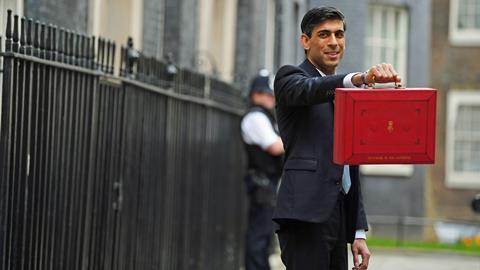




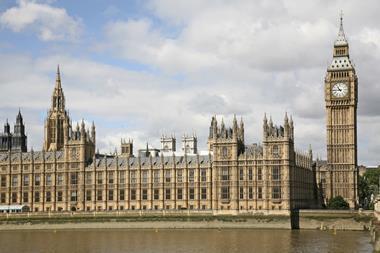
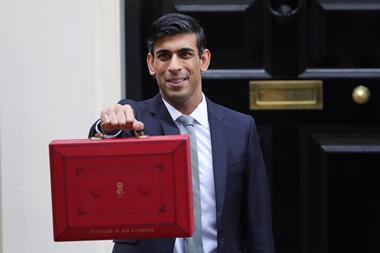
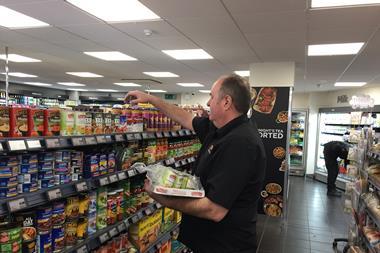
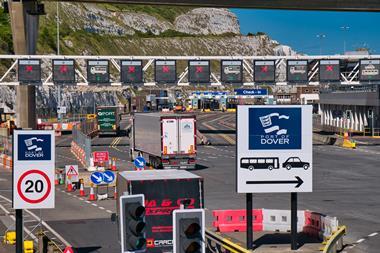

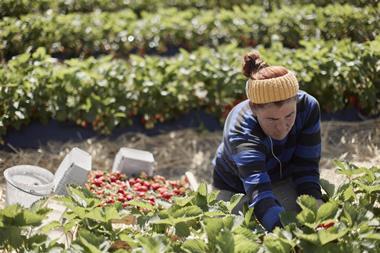






No comments yet